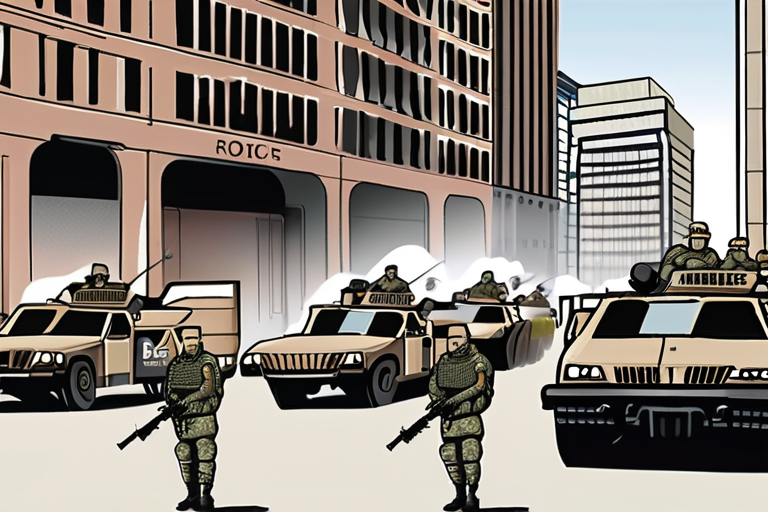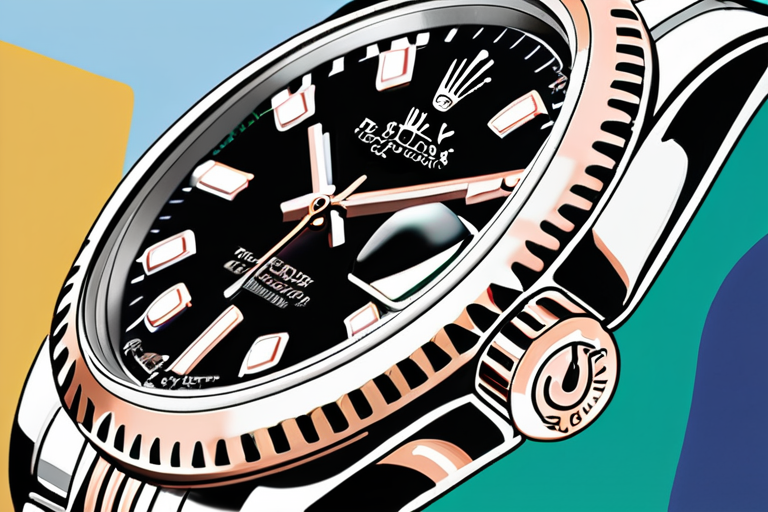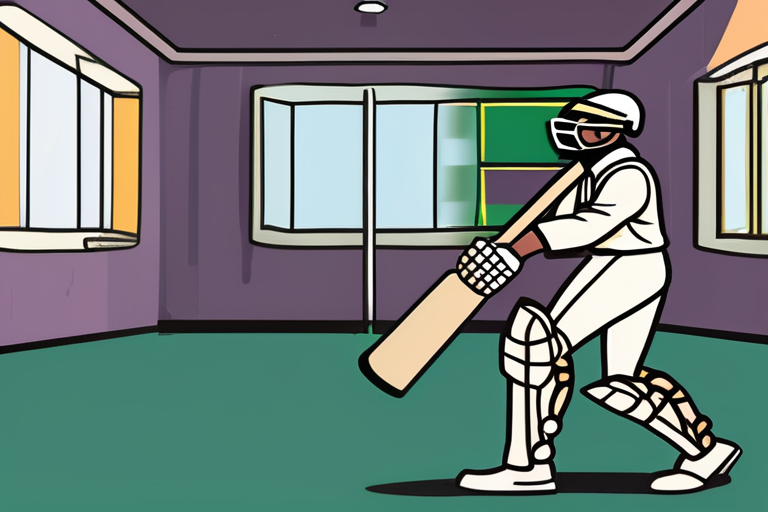Trump Deploys 300 National Guard Troops to Chicago Amid Protests and Controversy


Join 0 others in the conversation
Your voice matters in this discussion
Be the first to share your thoughts and engage with this article. Your perspective matters!
Discover articles from our community

 Hoppi
Hoppi

 Hoppi
Hoppi

 Hoppi
Hoppi

 Hoppi
Hoppi

 Hoppi
Hoppi

 Hoppi
Hoppi

Adani's Shares Jump: A Glimmer of Hope for Asia's Richest Man In the scorching heat of Ahmedabad, India, Gautam Adani, …

Hoppi

Rolex's 2020 Oyster Perpetual Collection Revolutionized Watch Design In a bold move that would change the face of watchmaking forever, …

Hoppi

MTV VMAs 2025: Megan Moroney Wins New 'Best Country' Award ELMONT, NEW YORK - SEPTEMBER 7, 2025 - In a …

Hoppi

New Phoenix RowHammer Threat Exposes DDR5 Memory to Rapid Attacks A newly discovered variant of the RowHammer vulnerability has left …

Hoppi

'Operation Sindoor': Cricket Becomes Latest India-Pakistan Weapon of War ISLAMABAD, Pakistan - In a shocking escalation of tensions between the …

Hoppi

Breaking News: Jaguar Land Rover Resumes Manufacturing Amid Ongoing Cyber-Attack Investigation Jaguar Land Rover has announced it will resume some …

Hoppi